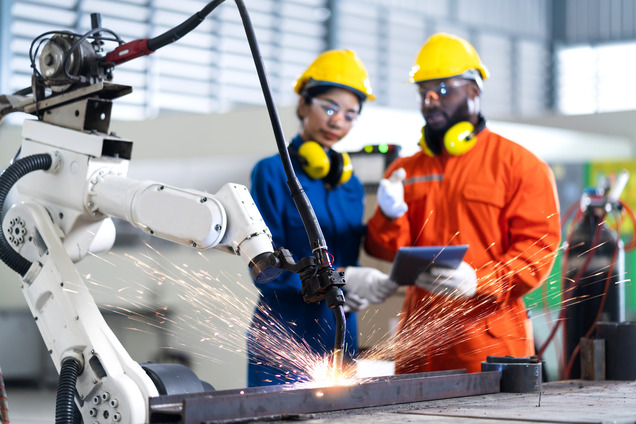
Introduction
Artificial intelligence has ushered in a new era in manufacturing, offering improved efficiency and quality control. However, the rapid integration of AI into production processes also presents significant challenges and ethical dilemmas. In this article, we explore the potential downsides of AI adoption in manufacturing and discuss strategies to balance innovation with responsibility.
The Promise and Perils of AI in Manufacturing
AI has the potential to:
- Enhance Efficiency: Streamline processes through real-time data analysis.
- Predict Failures: Utilize predictive maintenance to reduce downtime.
- Improve Quality: Detect defects that traditional methods might overlook.
Yet, these benefits come with risks:
- Over-Reliance on Technology: Excessive dependence on AI may diminish human expertise.
- Ethical Challenges: Biased data can lead to unfair or discriminatory outcomes.
- Job Displacement: Increased automation may result in significant workforce reductions.
Real-World Example: The Manufacturing Plant Dilemma
A manufacturing plant implemented AI-driven automation to increase productivity. While efficiency soared, many long-standing roles were eliminated, leaving workers displaced and communities concerned about job security. This example highlights the need for careful planning when integrating AI.
Strategies for Balancing Innovation and Ethics
- Invest in Workforce Training: Upskill employees to work alongside AI rather than be replaced by it.
- Establish Ethical Guidelines: Develop frameworks to ensure transparency and fairness in AI systems.
- Maintain Human Oversight: Ensure that critical decisions are reviewed by qualified professionals.
- Engage Stakeholders: Involve diverse perspectives in designing and implementing AI solutions.
The Role of Policy and Regulation
As AI continues to transform manufacturing, policymakers must collaborate with industry leaders to create regulations that safeguard workers and ensure ethical practices. A balanced approach will help maximize AI’s benefits while mitigating its risks.
Conclusion
While AI has the potential to revolutionize manufacturing, it is imperative to address its dark side. Balancing technological advancement with ethical considerations and human oversight is critical for a sustainable future.
Call to Action: What measures do you believe are essential for ethical AI implementation in manufacturing? Join the conversation and share your insights.
